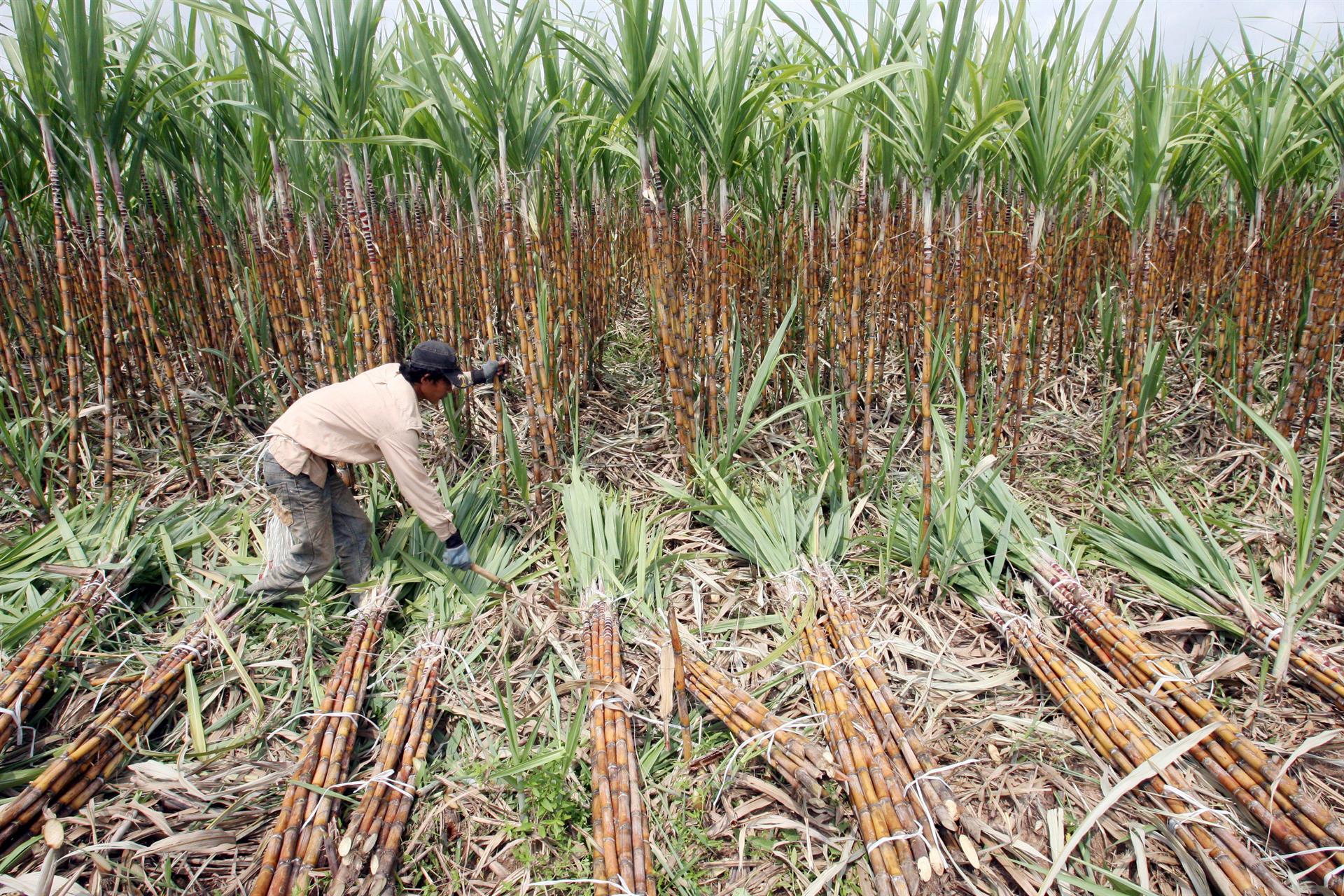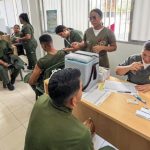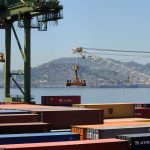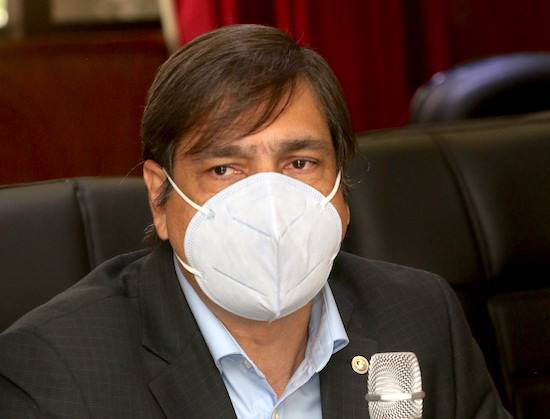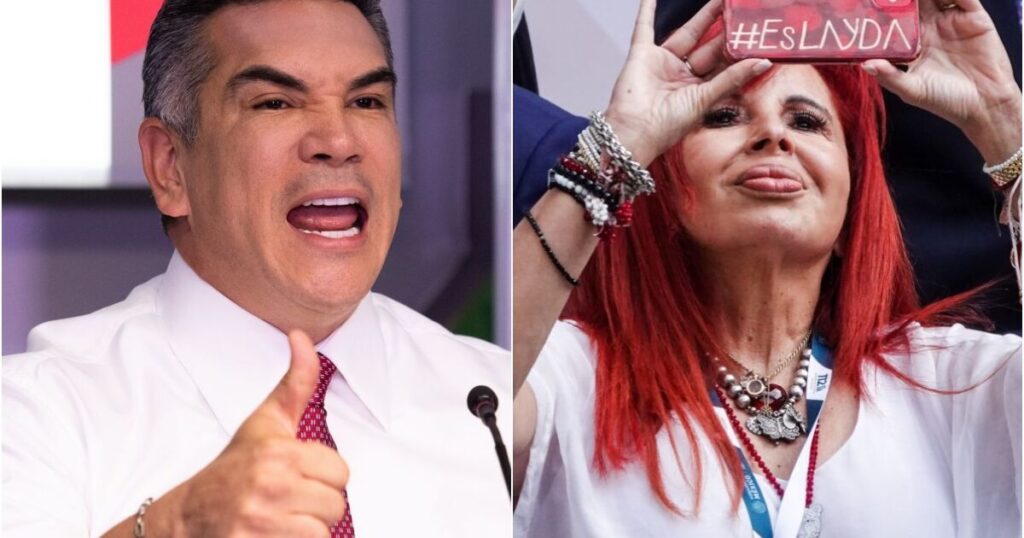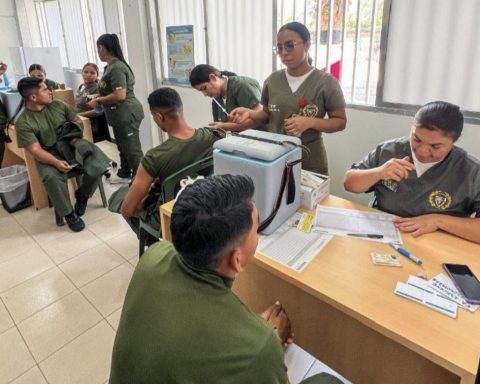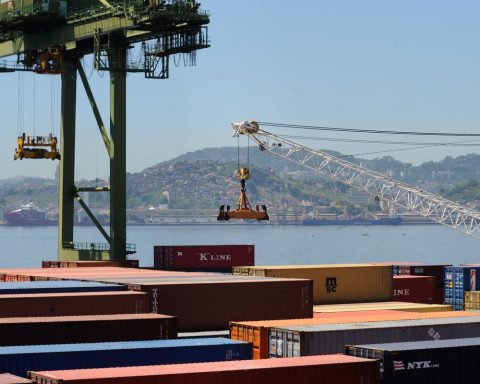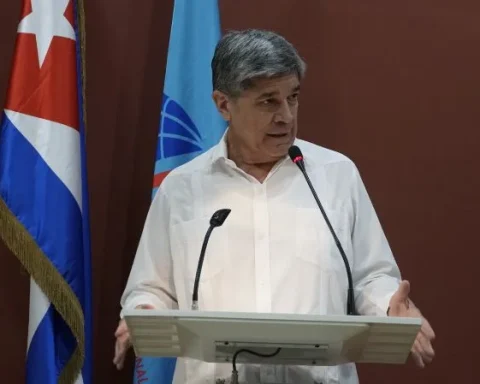The National Committee of Sugar Producers of Nicaragua (CNPA) and the Association of Private Producers of Western Sugar Cane (Aprico), lamented this Wednesday night the decision of the office of the Trade Representative of the United States published (USTR by its acronym in English), to exclude Nicaragua from the list of 40 countries that were assigned the annual sugar import quota agreed with the World Trade Organization (WTO).
Through a joint statement, the Nicaraguan sugar sector assured that this measure directly affects the country’s four mills, including San Antonio, Monte Rosa, Montelimar and Casur, and the more than 800 independent producers who contribute almost 50 percent of the sugar cane that is processed in the mills.
By April 2022, the USTR had already excluded the country from reallocating the additional sugar quota for fiscal year 2022, which would now be the second strong blow to Nicaragua’s economy by completely separating it from the total 2023 quota. , which also affects private entrepreneurs.
Related news: The US sanctions 60 officials from Nicaragua and other Central American countries for corruption
“The Nicaraguan sugar sector annually produces a little more than 17.7 million quintals of sugar, of which it exports more than 11.5 million quintals, which is equivalent to more than 200 million dollars a year, contributing 4 percent of GDP (Gross Domestic Product) and provide direct and indirect employment to more than 150,000 people in rural areas of the country, the sugar mills and private producers contributing to important welfare generators in the communities where they operate”, the sector recalled.
Excluded from selling 44 thousand tons of sugar
CNPA and Aprico noted that This preferential export quota represented some 440,000 quintals of sugar for the sector and generated an additional benefit of approximately 6.5 million dollars a year. However, given this situation, they will be exporting this sugar to other markets with lower prices.
“Our commitment as an industry and producers is to continue working and producing to maintain competitiveness, the best labor, social, and environmental practices, and the business ethics that have characterized us despite the adverse conditions generated by the high prices of fertilizers, fuels, and the loss of preferential markets”, the industry pointed out.
This Wednesday afternoon Article 66 He managed to contact Mario Amador, president of the National Committee of Sugar Producers (CNPA), who confirmed the decision of the Joe Biden government, but did not refer to the case any further, claiming that he was in a meeting.
Related news: Nicaragua produces the largest sugarcane harvest in its history
However, in statements to the newspaper La Prensa, the same businessman said that they trust that the announcement published this Wednesday, July 20, is an error, for which they are seeking a response from the United States Embassy in Managua and with the authorities of the government of Daniel Ortega.
Nicaragua out of 40 countries
The document disclosed by the USTR indicates that it is providing notice of country-by-country allocations for fiscal year 2023 (October 1, 2022 through September 30, 2023) “in-quota quantities of tariff-rate quotas (TRQs) for cane sugar imported raw and sugar-containing products’.
It adds that the amount of the raw cane sugar tariff quota for fiscal year 2023 is 1,117,195 metric tonswhich is the minimum amount to which the United States is committed under the World Trade Organization (WTO) Agreement.
The Central American countries —except Nicaragua— that will receive a sugar quota to export to the United States under preferential conditions in the 2023 fiscal period are El Salvador, Costa Rica, Guatemala, Honduras and Panama.
